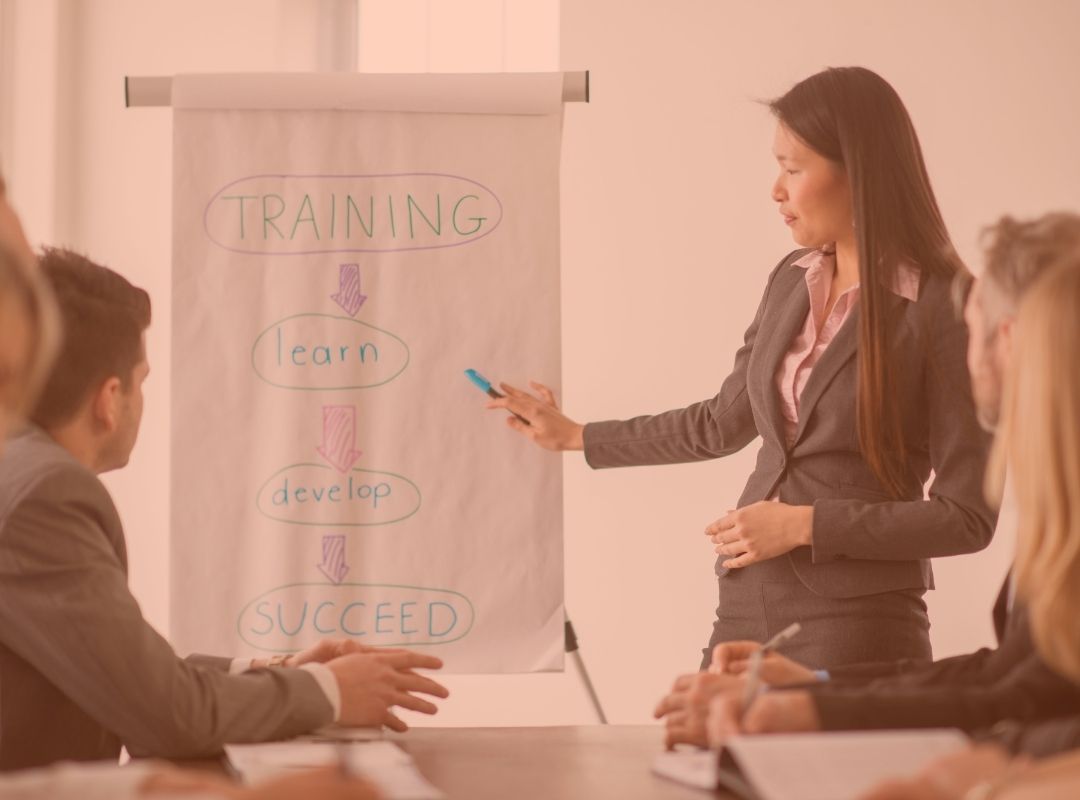Jean-Dominique Sénard on the Future of Organizations

In 20212, Jean-Dominique Sénard became the first Michelin CEO not related to the Michelin family.
Following Carlos Ghosn's resignation, he became the CEO of the Renault–Nissan–Mitsubishi Alliance in January 2019.
He shared with us his vision for the future of organizations, how large global companies can create an engaging corporate culture and stay agile despite the complexity of their operations.
What should be the characteristics of Next Generation Enterprises in your opinion?
It’s a broad subject because it’s a key and pivotal moment for companies that are coming in now and asking themselves how to live the years to come. Since we are currently going through a health crisis that is causing an economic crisis, the challenge is even greater.
If we want to take a step back, there are one or two absolutely essential issues that companies need to integrate today.
Purpose
They must ask themselves what is their responsibility for what surrounds them: their ecosystem, the economic and political world. The company must be at the heart of the coming economic recovery and I would say the re-stabilization of our economic lives. And to do so, they must do everything they can to ensure that their own teams feel empowered. That is simply essential.
The way to do that is to ensure that the company has a purpose, and that this purpose is understood and valued by everyone, that this purpose represents exactly the specificity of the company, but at the same time, its North Star, the future.
Why am I here in the morning at the company?
Why am I working? Why am I doing this?
And what is my responsibility?
These are fundamental questions.
And that purpose, which is the backbone of the company’s strategy, is essential. With this tool, with this coherence, the future is assured.
Training
There is something else that needs to be done, which is also closely linked, but which is also dictated by the digital revolution context in which we live now and that is going to take us into a different era.
You can feel it today. We need to make sure our teams are trained. There is an issue of training that is absolutely essential.
Fortunately, our governments, the states and Europe are taking this issue very seriously today, because it is one of the keys to ensuring a harmonious future.
If we miss this step, if we don’t invest massively in training our teams and employees, I would say that we are heading for very difficult times.
So two characteristics that are a little different, but ultimately linked.
How can we create a positive and engaging corporate culture with thousands of employees in dozens of countries?
I don’t know if I have the recipe, you know. One must stay humble because, quite frankly, the person who can give lessons may not be born yet. You have to be careful about that.
On the other hand, there are a number of principles that I believe are essential.
We mentioned a moment ago that a leader must, in her leadership, ensure that:
- the company clearly understands what its destiny is, its purpose, and that
- in the day-to-day, the strategy that flows from this purpose is well applied.
If we want to be thorough, we must understand that the purpose must have two major pillars.
The first is the attention that we pay to our customers, with all that that can entail in the field of innovation, in the specific areas of the company’s progress to ensure that our customers are satisfied.
The second pillar, which is also essential, is that of taking care of its employees. I think this area was often a little forgotten in the past, not to say neglected, even though, in my opinion, these two pillars should carry the same weight in the definition of a purpose.
The way in which we are going to run the company, how we are going to manage the teams, how we are going to pay attention to them, must be rigorously as important as the way we are going to spend on our clients. Both sort of mirroring each other, one not going without the other.
I would argue that if a company does not balance its attention in that way, it will face problems in the future. In addition, the more the world changes, the more serious those problems will be.
I believe that these two pillars are key:
- the technology or customer pillar, and
- the employee’s pillar and the focus we place on their future.
How can companies in well-structured industries like Renault continue to encourage innovation?
It must be a strategic commitment from the leadership team. It is also the role of leaders to ensure that organizations stay on track to fulfill their purpose.
I believe that the companies that have been able to survive the worst crises are the ones that have always stayed the course in terms of research and innovation.
I experienced it at Michelin, where we all went through some very important crises. I’m living it at Renault today where challenges are also sizable.
Under no circumstances will we consider abandoning long-term research. We focus it, we strengthen it, we focus it on essential subjects, we attach resources to it, we organize it, but we’re thinking 15, 20 years from now.
It’s very simple: if we neglected that dimension, we would be setting ourselves up for great difficulties.
So the role of a leader in this context, regardless of the level of crisis, is to never let go of R&D.
If there are savings to be made, research and development is most definitely NOT where they must be made.
We need to make innovation programs more harmonious, perhaps more robust, ensure that research is focused on topics that are believed to be fundamental, but never give up.
I think that’s what we’re doing at Renault today. I assure you that I am dazzled to see the passion with which Renault teams are working on these issues. Renault is a company of enthusiasts. I had experienced it at Michelin and now, I’m delighted to find it again with absolutely fabulous people who today have the pleasure of presenting their customers with technologies that are among the best in the world.
And I see that what’s going on in the coming years, the great research that we’re doing – on new mobility and hydrogen for example – hold great hope and potential.
The above interview was recorded during the 2020 edition of The NextGen Enterprise Summit.




.jpg)
.jpg)


.jpg)

.jpg)


.jpg)











.jpg)




.jpg)



.jpg)

.jpg)



.jpg)








.jpg)

















.jpg)

.jpeg)
.jpeg)












.jpeg)



.jpg)




.jpg)









.jpg)
%2520(1).jpeg)